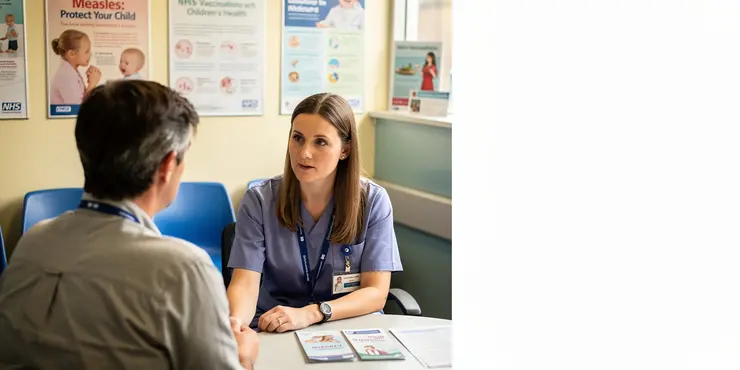
Find Help
More Items From Ergsy search
-
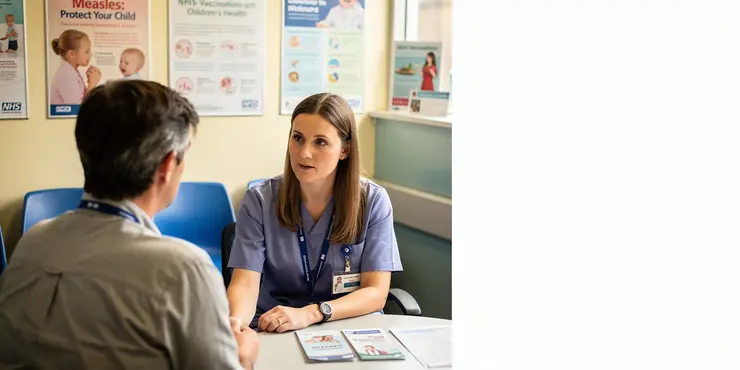
How is measles transmitted?
Relevance: 100%
-

How contagious is measles?
Relevance: 94%
-
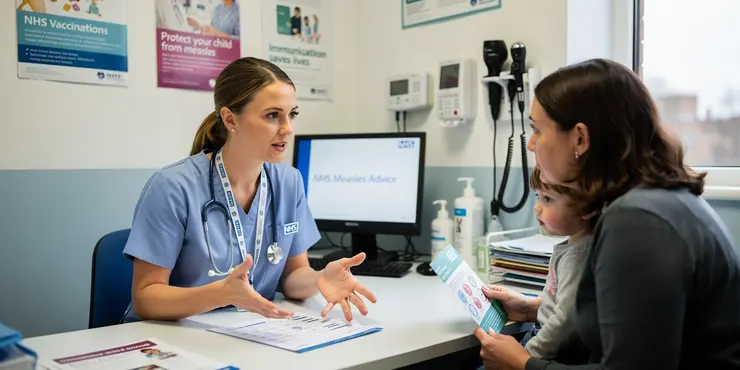
How is measles spread?
Relevance: 90%
-
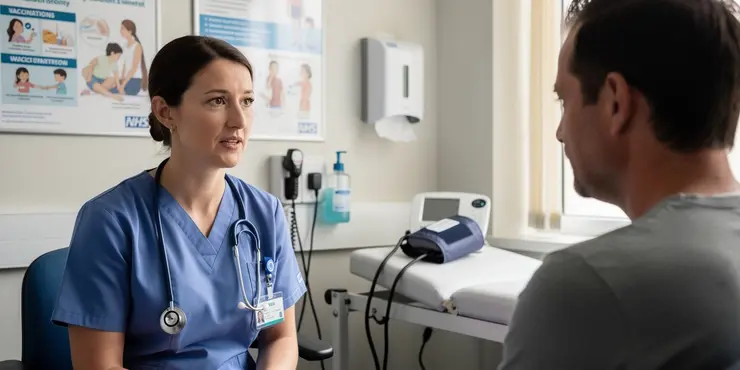
How is measles transmitted?
Relevance: 89%
-
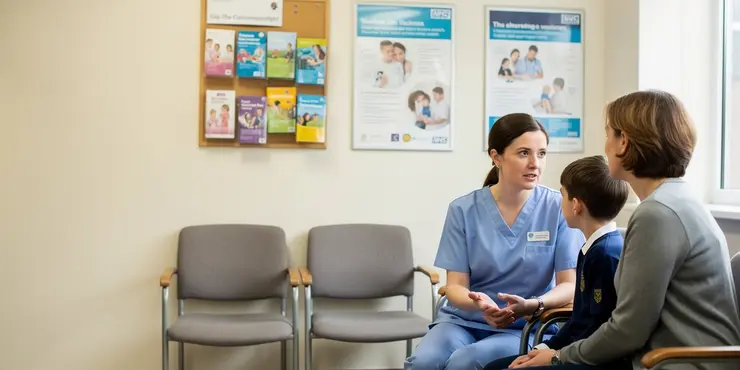
How can measles be prevented?
Relevance: 85%
-
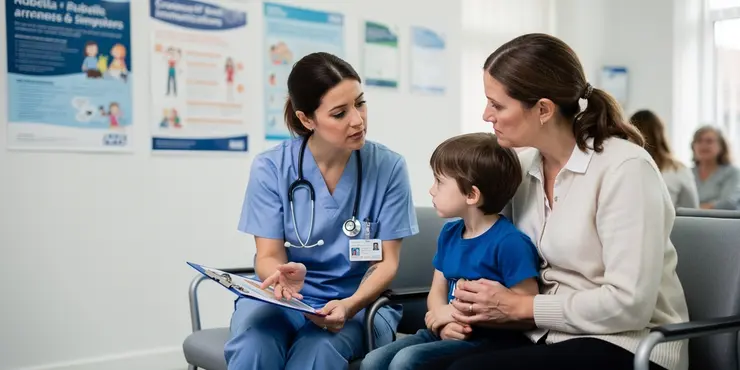
Is Rubella the same as measles?
Relevance: 83%
-
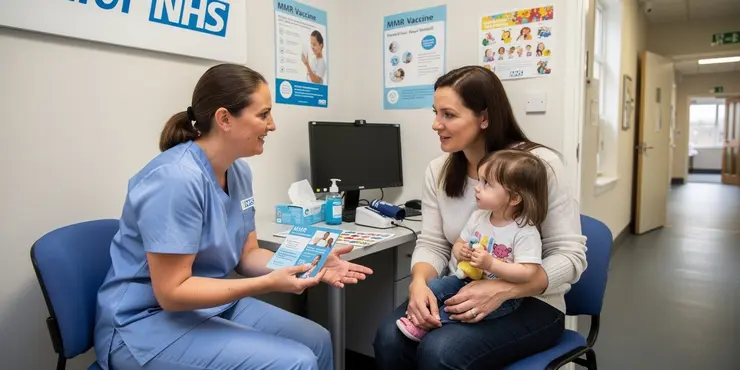
How can measles outbreaks be prevented?
Relevance: 83%
-
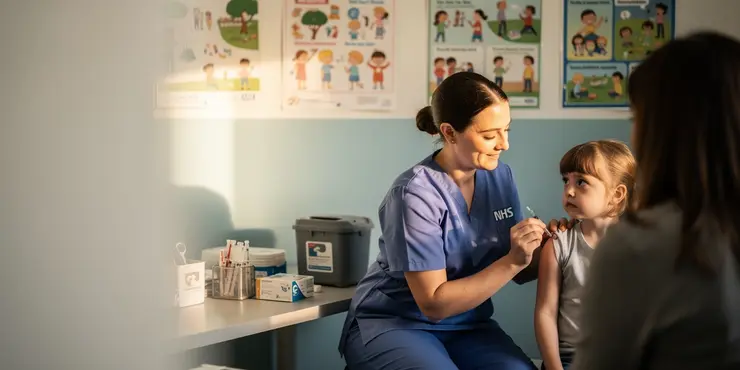
Measles
Relevance: 82%
-
Is there a treatment for measles?
Relevance: 78%
-
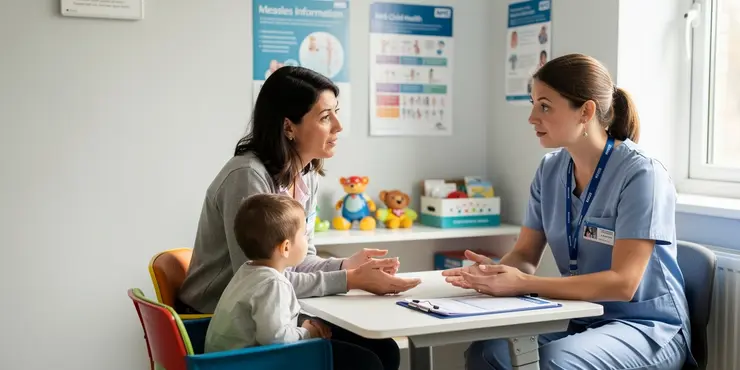
Is there a treatment for measles?
Relevance: 78%
-
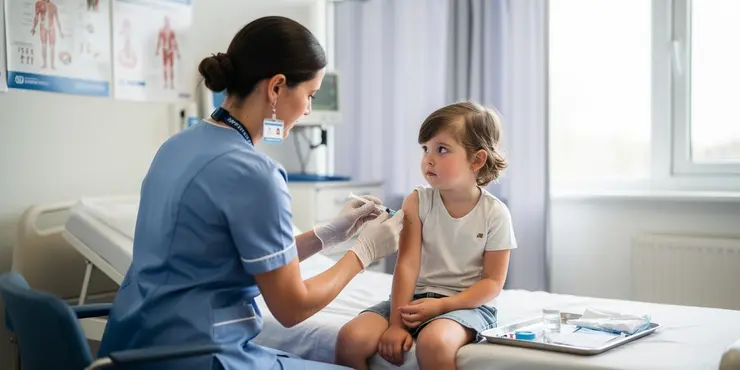
What is measles?
Relevance: 78%
-
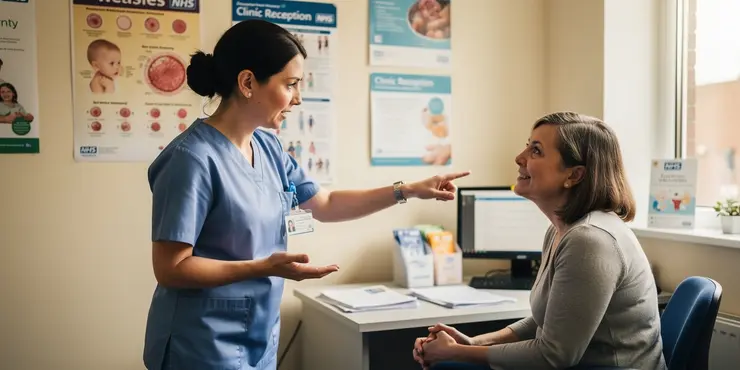
What are the symptoms of measles?
Relevance: 75%
-
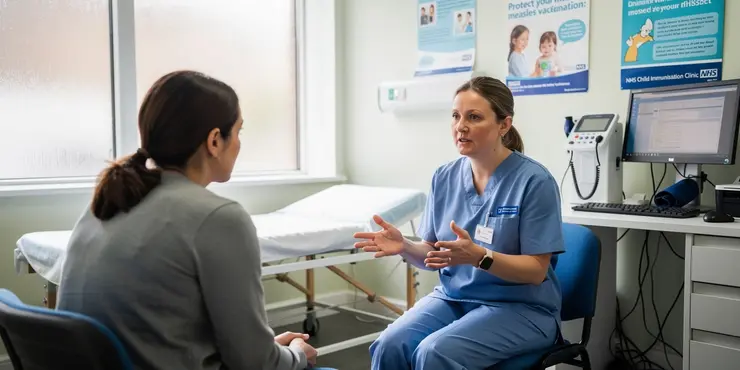
Can measles be serious?
Relevance: 75%
-
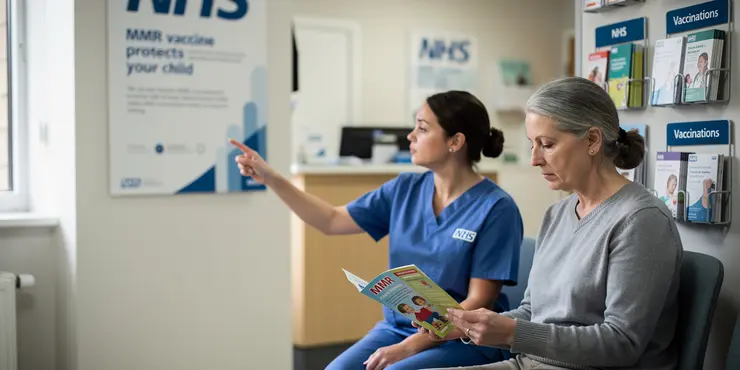
Are measles cases rising in the UK?
Relevance: 75%
-
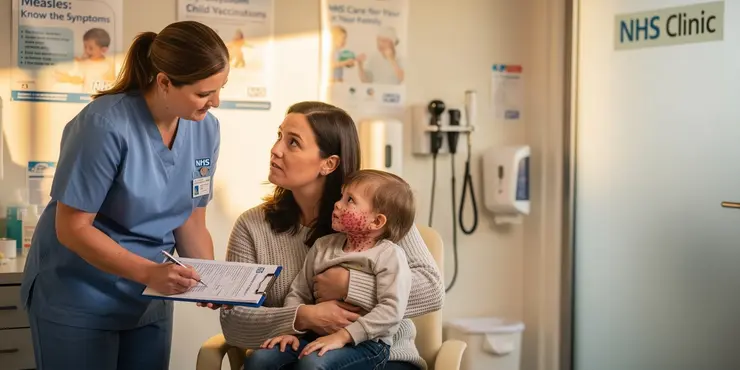
Can measles be treated?
Relevance: 75%
-
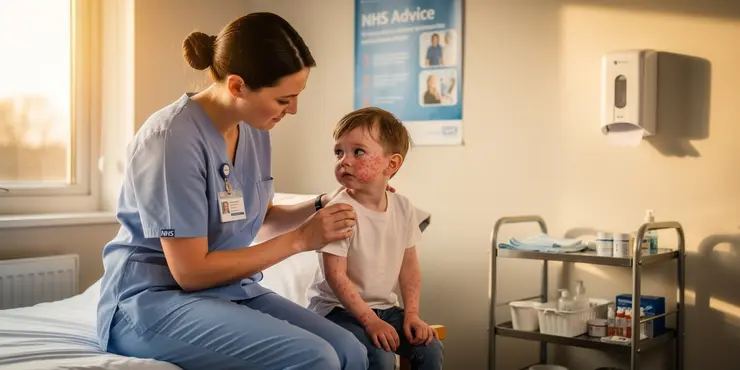
What are the symptoms of measles?
Relevance: 75%
-
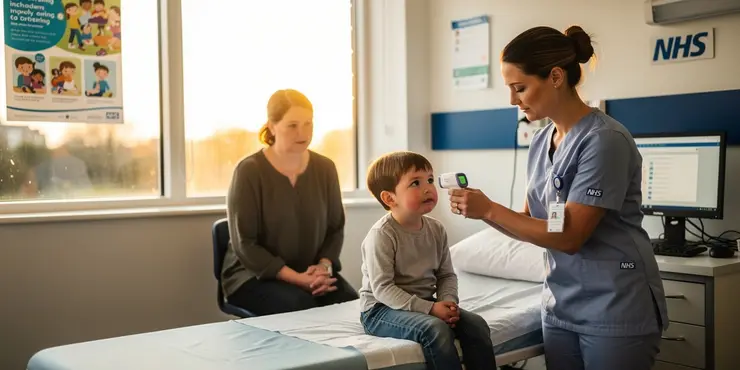
What are the symptoms of measles?
Relevance: 74%
-
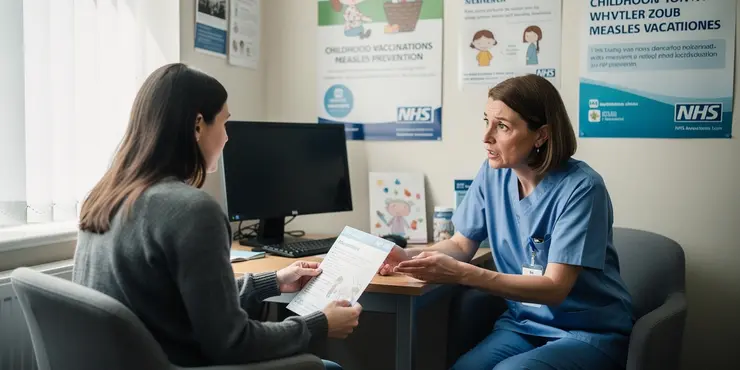
Is there a risk of global spread if measles cases rise in the UK?
Relevance: 74%
-
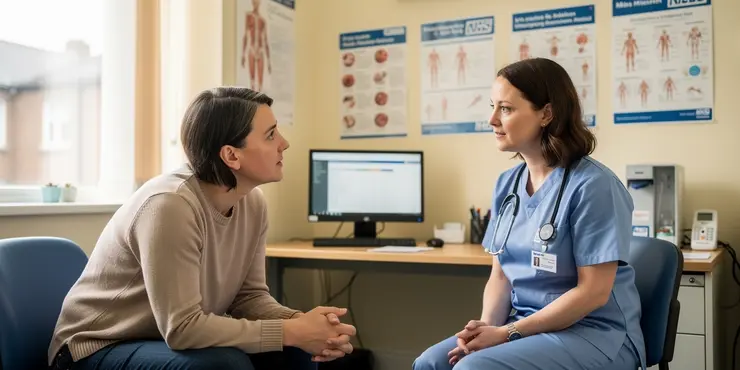
What should I do if I suspect I have measles?
Relevance: 74%
-
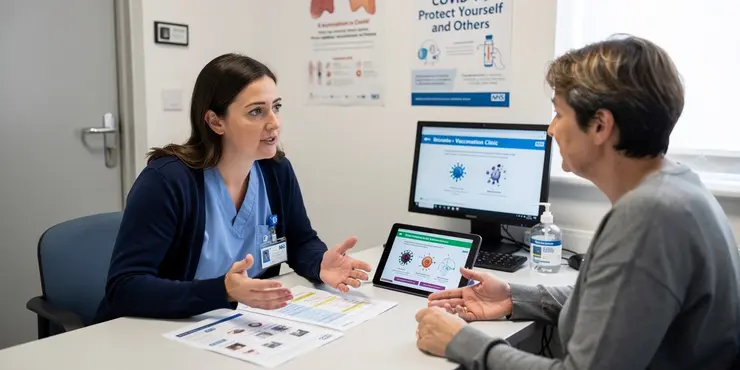
Are new variants more transmissible?
Relevance: 73%
-

Who is most at risk from measles?
Relevance: 73%
-
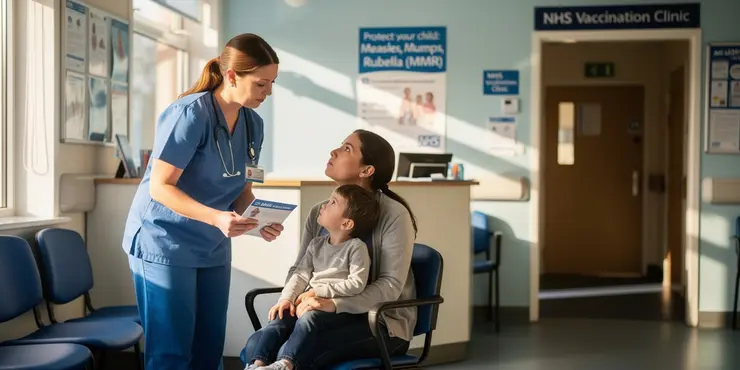
Are measles cases currently rising in the UK?
Relevance: 73%
-
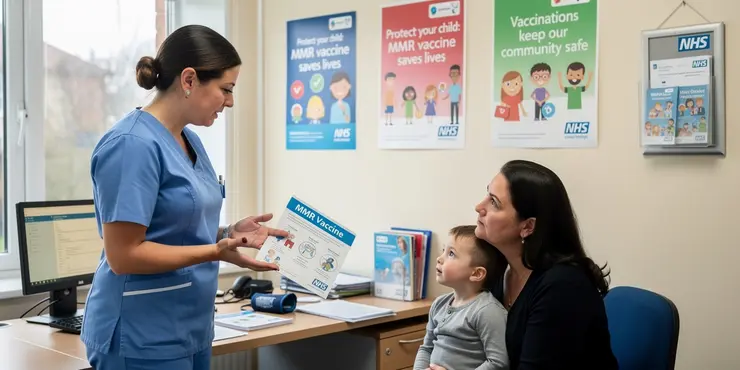
Why has the UK lost its measles elimination status?
Relevance: 72%
-
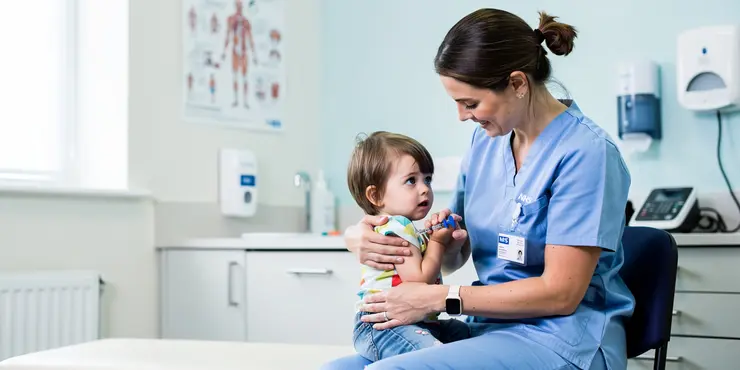
Can measles cause complications?
Relevance: 72%
-
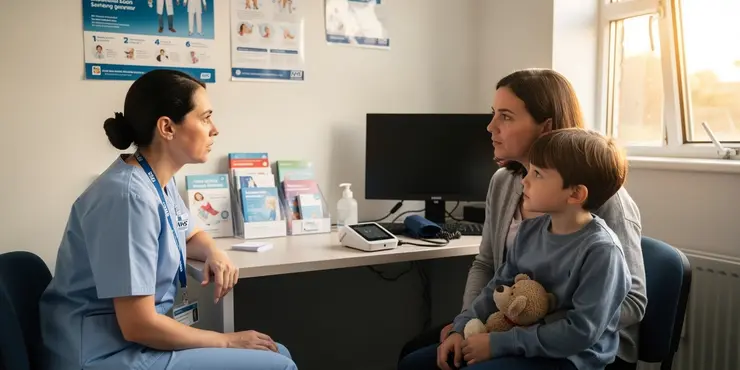
Are measles outbreaks common in the UK?
Relevance: 72%
-
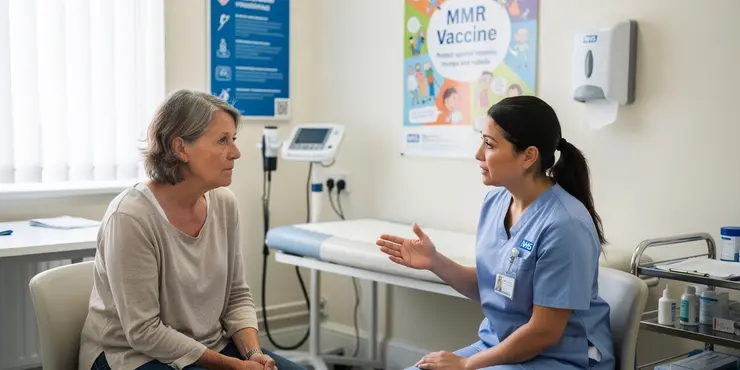
Can adults get measles?
Relevance: 72%
-
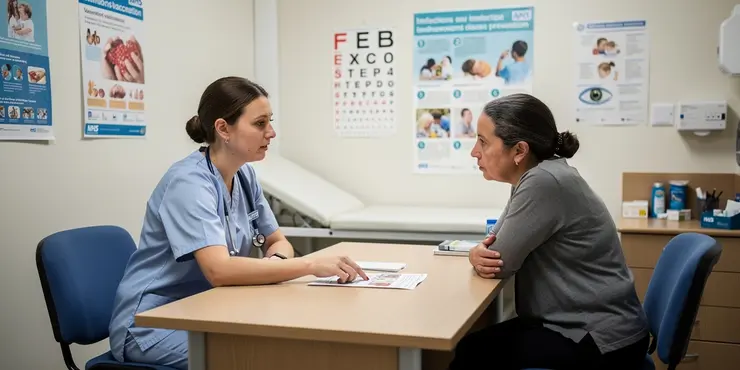
What should you do during a measles outbreak?
Relevance: 71%
-
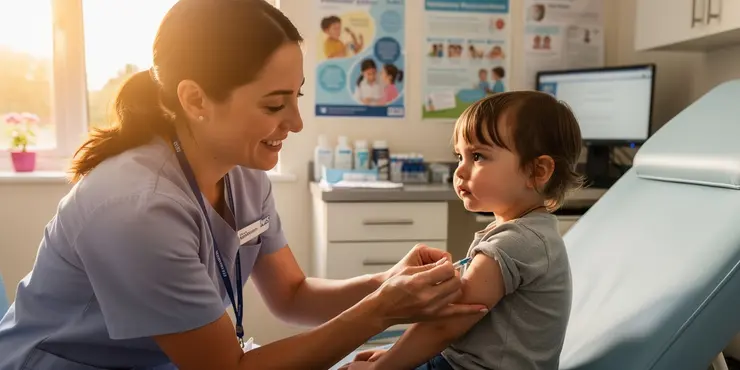
How does vaccination affect measles rates?
Relevance: 71%
-
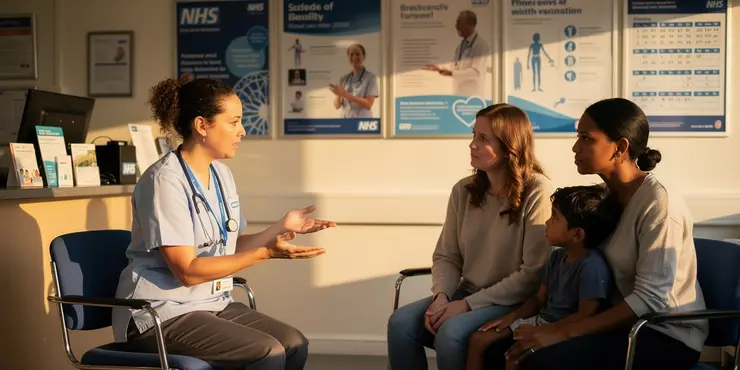
How long is a person with measles contagious?
Relevance: 70%
-
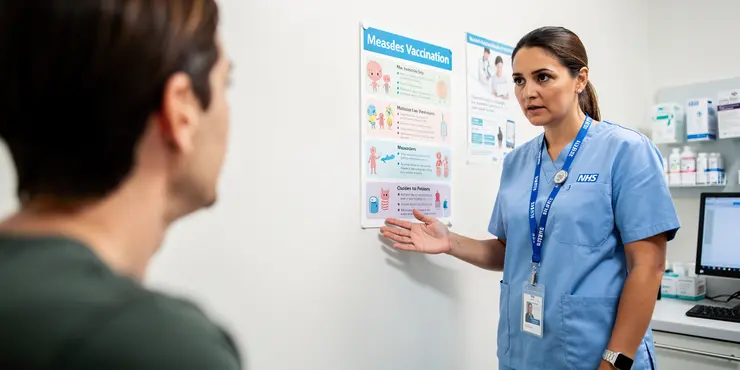
Are measles more common outside of the UK?
Relevance: 70%
-
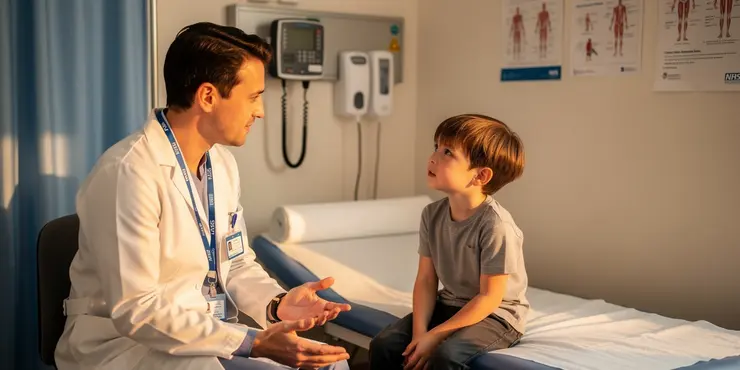
Why are measles outbreaks still occurring?
Relevance: 69%
-
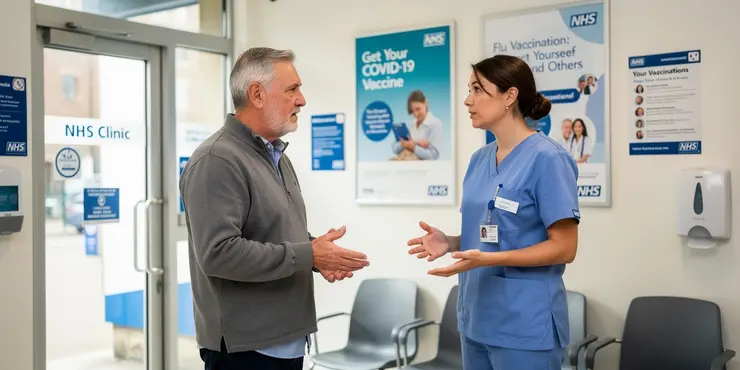
Are adults in the UK at risk from measles?
Relevance: 69%
-
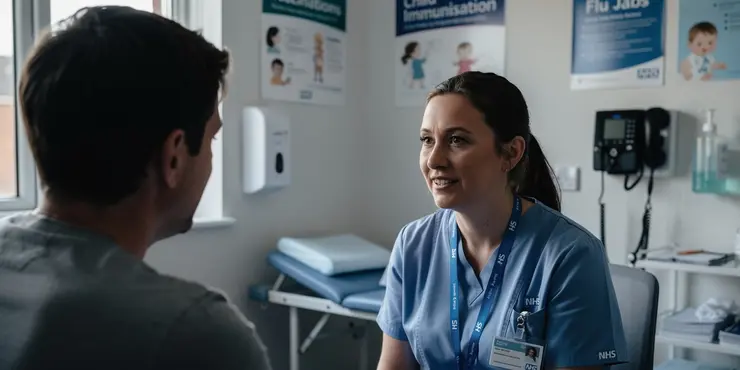
Why is measles less common in the UK?
Relevance: 69%
-
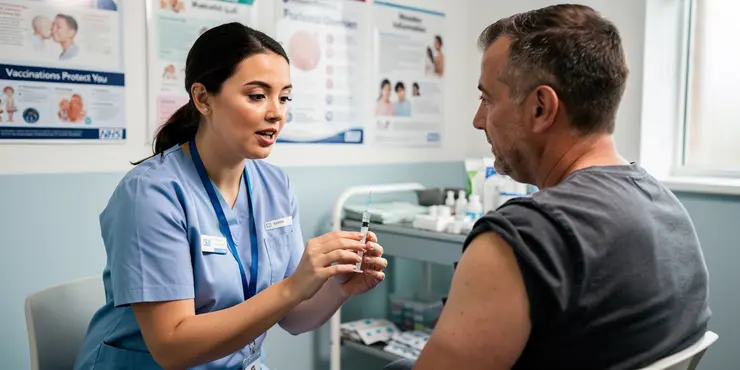
Can the measles vaccine be given to adults?
Relevance: 68%
-
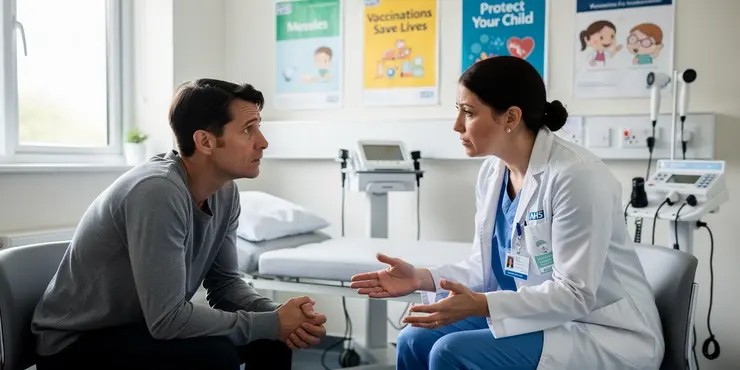
What complications can arise from measles?
Relevance: 68%
-
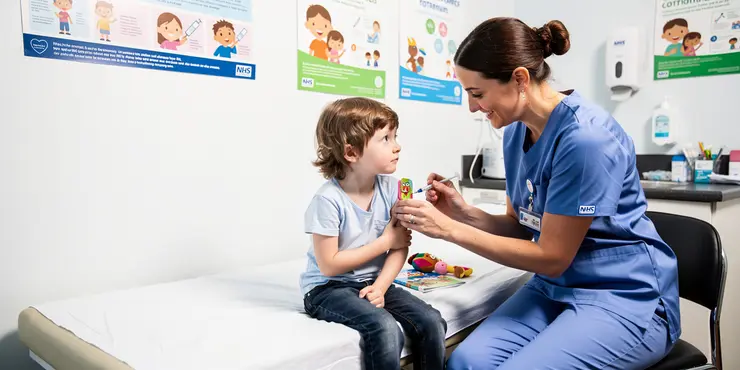
Which countries have higher rates of measles?
Relevance: 68%
-
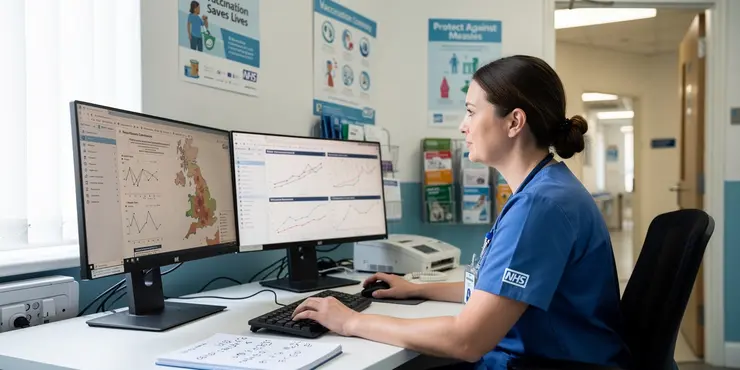
How does the UK monitor measles outbreaks?
Relevance: 67%
-
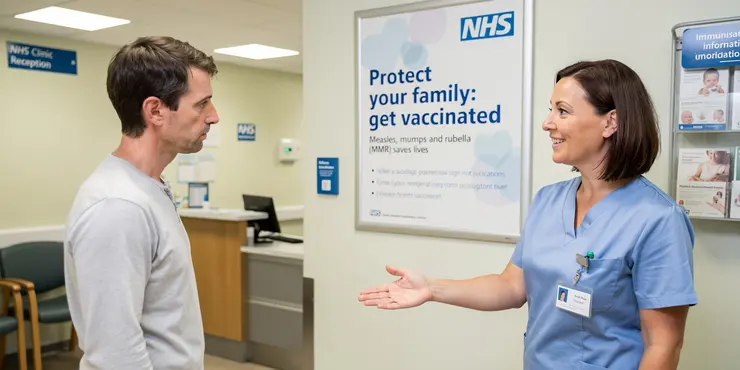
What is causing the rise in measles cases in the UK?
Relevance: 67%
-

Is it necessary to get a measles vaccine before travelling?
Relevance: 67%
-
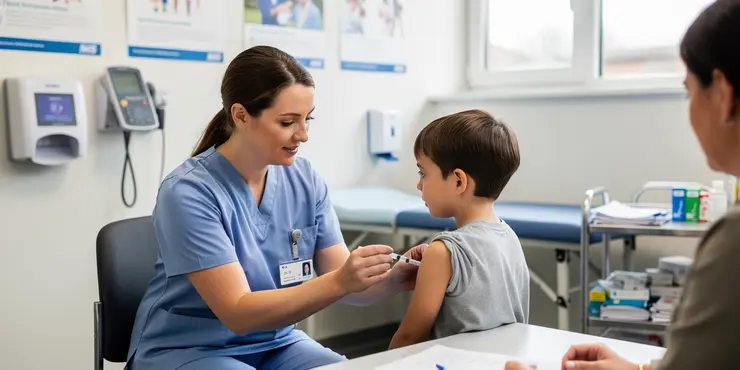
Can you get measles more than once?
Relevance: 66%
How Measles is Transmitted
Introduction to Measles
Measles is a highly contagious viral disease primarily affecting children, though adults can be infected as well. It is caused by the measles virus, a member of the paramyxovirus family. Despite being preventable through vaccination, it remains a significant public health challenge in some areas. Understanding how measles is transmitted is essential for effective prevention and control.Modes of Transmission
Measles is mainly spread through respiratory droplets from the nose, mouth, or throat of an infected person. When someone with measles coughs or sneezes, the virus is released into the air, where it can live on surfaces or in the air for up to two hours. The primary modes of transmission include: 1. **Airborne Transmission**: This is the most common way measles spreads. Individuals can become infected by breathing in contaminated air, even after the infected person has left the space. 2. **Direct Contact**: Touching a surface or object contaminated with the virus, and then touching the nose or mouth, can also lead to infection. This is less common than airborne transmission but still possible.Contagious Period
An infected individual becomes contagious several days before the characteristic rash appears and remains contagious for about four days after the rash develops. The virus's high transmissibility means that outbreaks can occur swiftly, particularly in crowded or inadequately ventilated environments.Prevention and Control
The most effective way to prevent measles is through vaccination with the measles, mumps, and rubella (MMR) vaccine. The MMR vaccine is routinely given to children in the UK, significantly reducing the number of measles cases. Herd immunity, where a high percentage of the population is vaccinated, helps protect those who cannot be vaccinated due to medical reasons.Conclusion
Measles continues to pose a risk in unvaccinated populations, and understanding its modes of transmission is crucial in containing outbreaks. In the UK, maintaining high vaccination coverage and ensuring rapid response to any suspected cases can help prevent the spread of this highly transmissible virus. Public health education and awareness are essential components in safeguarding communities against measles.How Measles Spreads
What is Measles?
Measles is a very contagious illness caused by a virus. It mostly affects children, but adults can get it too. Even though there is a vaccine to prevent it, measles is still a problem in some places. To stop measles, we need to know how it spreads.How Measles Spreads
Measles spreads through tiny droplets from the nose, mouth, or throat. When someone with measles coughs or sneezes, the virus goes into the air. The virus can stay in the air or on surfaces for up to two hours. There are two main ways measles spreads: 1. **Through the Air**: This is the most common way. You can catch measles by breathing in air where an infected person has been. 2. **Touching Surfaces**: You can also get measles by touching things with the virus on them, then touching your nose or mouth. This doesn't happen as often as through the air.When is Measles Contagious?
People with measles can spread it several days before they get a rash. They are still contagious for about four days after the rash shows up. This means measles can spread quickly, especially in crowded places.How to Stop Measles
The best way to stop measles is to get the vaccine. It's called the MMR vaccine, which also protects against mumps and rubella. In the UK, kids usually get the vaccine, which helps reduce measles cases. If most people get the vaccine, it protects everyone, even those who can't get the vaccine because of health reasons.Final Thoughts
Measles can still spread in places where people are not vaccinated. Knowing how it spreads helps us stop outbreaks. In the UK, making sure many people get the vaccine and acting fast if someone has measles helps stop this virus from spreading. Teaching people about measles is important to keep communities safe.Frequently Asked Questions
What is the primary way measles is transmitted?
Measles is primarily transmitted through respiratory droplets when an infected person coughs or sneezes.
Can measles be spread through direct contact?
Yes, measles can also spread through direct contact with nasal or throat secretions of an infected person.
Is measles airborne?
Yes, measles is considered airborne and can remain contagious in the air or on surfaces for up to two hours.
How contagious is measles compared to other diseases?
Measles is highly contagious, with about 90% of non-immune people contracting it if exposed to the virus.
Can measles be transmitted before symptoms appear?
Yes, individuals with measles can spread the virus to others from four days before to four days after the rash appears.
Is it possible to catch measles from an asymptomatic person?
No, measles is not spread by asymptomatic individuals, but infected people are contagious before showing symptoms.
Can vaccinated individuals spread measles?
Vaccinated individuals are unlikely to spread measles, as the vaccine usually prevents the infection from occurring in the first place.
Are there any precautions to take to prevent measles transmission?
Vaccination is the most effective way to prevent measles transmission. Additionally, avoid close contact with infected individuals.
Can measles spread through contaminated surfaces?
Yes, measles can spread by touching a contaminated surface and then touching your face, as the virus remains viable on surfaces for a short time.
Is it safe to be around someone who is recovering from measles?
Someone who is recovering from measles should no longer be contagious four days after the rash disappears.
How can healthcare settings prevent measles transmission?
Healthcare settings can prevent transmission by ensuring staff are vaccinated and following strict infection control practices when dealing with suspected cases.
What should I do if I have been exposed to measles?
If you've been exposed, contact a healthcare provider, especially if you're unvaccinated or have a weakened immune system.
Can measles be transmitted through water or food?
No, measles is not spread through food or water. It is transmitted through respiratory droplets and direct contact.
Why is vaccination important in controlling measles transmission?
Vaccination creates herd immunity, reducing the number of susceptible individuals and thereby lowering the chances of an outbreak.
Are children more susceptible to measles transmission?
Yes, children, particularly those under five years old who are unvaccinated, are more susceptible and at higher risk of complications from measles.
How do people catch measles?
Measles spreads when a sick person coughs or sneezes tiny drops from their mouth. These drops can make others sick, too.
Can you catch measles from touching someone?
Yes, you can catch measles if you touch someone who has it. Measles spreads easily.
Yes, measles can spread when you touch snot or spit from someone who is sick.
Can you catch measles through the air?
Yes, measles can spread through the air. If someone with measles coughs or sneezes, tiny germs go into the air. Breathing in these germs can make you sick.
Tip: To stay safe, wash your hands often and keep away from sick people. A vaccine can also protect you from measles.
Helpful tool: An adult or older friend can help you understand and stay safe too!
Yes, measles can spread through the air. It can stay in the air or on things for up to two hours.
How easily does measles spread compared to other illnesses?
Measles spreads very easily from person to person. It is more contagious than many other illnesses. This means if one person has measles, it is likely that others around them can catch it too.
To help, people can:
- Get a vaccine. This helps protect you and stops the spread of measles.
- Wash hands often with soap and water. This helps kill germs.
- Stay away from people who are sick. This helps stop catching germs.
Measles is very easy to catch. If you are near someone with measles and you have not had the vaccine, there is a 9 out of 10 chance you will get it too.
Can you catch measles before you see any signs?
Yes, you can catch measles from someone before they look sick.
To stay safe, you can get a vaccination.
Yes, if someone has measles, they can make other people sick. This can happen from four days before they get the rash until four days after the rash shows up.
Can you get measles from someone who does not feel sick?
Measles is a sickness that you can catch from other people. Usually, people with measles have a fever and a rash.
But, sometimes, a person might have measles without feeling sick. This is called "asymptomatic."
You can usually catch measles from people who have symptoms like a fever and rash. It is less common to catch it from someone who does not show these signs.
To stay safe from measles, make sure you have all your vaccines. A vaccine is a medicine that helps protect you from getting sick.
If you have questions, you can talk to a doctor. A doctor knows a lot about sickness and can help you understand.
No, you can't catch measles from someone who doesn't look or feel sick yet. But people with measles can spread it before they get sick.
Can people who got the measles shot still spread measles?
Some people who get the measles shot might still spread measles. This is not common. Most people with the shot are safe.
If you want to know more, you can:
- Ask your doctor
- Read simple guides about measles
- Watch videos about how vaccines work
People who get the measles vaccine usually do not get sick. This means they probably won't pass the measles on to others.
How can we stop measles from spreading?
Getting a vaccine is the best way to stop people from getting measles. Also, try to stay away from people who have measles.
Can measles spread from dirty things you touch?
Yes, you can catch measles by touching something dirty and then touching your face. The measles virus can stay on things for a little while.
Is it okay to be near someone getting better from measles?
When a person is sick with measles, it's easy for others to catch it. But if the person is getting better and the rash is gone, it is usually safer.
Here are some helpful tips:
- Check if the person has finished staying away from others for the recommended time.
- Wash your hands well and often.
- Make sure you have had your measles vaccine.
If someone is getting better from measles, they won’t spread it to other people four days after the spots go away.
How can doctors' offices and hospitals stop the spread of measles?
Measles spreads easily and makes people sick. Here’s how doctors' offices and hospitals can help stop it:
1. Give vaccines: Make sure doctors and patients get their measles shots. This helps keep everyone safe.
2. Clean hands: Wash hands often with soap and water. This helps stop germs.
3. Wear masks: Wearing masks helps keep germs from spreading.
4. Separate sick people: Keep people with measles away from others to stop it from spreading.
Hint: Use pictures or videos to understand better. You can also ask a helper to read with you.
Hospitals and clinics can stop the spread of sickness. They can do this by making sure all workers get their shots and are careful around sick people.
What to Do if You Think You Have Been Near Measles
If you think you have been near someone with measles, follow these steps:
- Tell a Grown-Up: Let an adult you trust know right away.
- Talk to a Doctor: A doctor can check if you are okay and tell you what to do next.
- Get Medicine: A doctor might give you a special shot to help keep you safe.
- Stay Home: Rest at home and avoid going to crowded places to keep others safe.
Use pictures or videos to learn more about measles.
Ask for help if something is hard to understand.
If you have been near someone who is sick, talk to a doctor. This is very important if you have not had the vaccine or if you get sick easily.
Can you get measles from water or food?
No, you cannot get measles from drinking water or eating food. Measles spreads through the air.
If someone with measles coughs or sneezes, tiny drops with the measles virus can get in the air. If you breathe them in, you can catch measles.
Tip: Wash your hands often and stay away from sick people to stay healthy.
No, you can't get measles from food or water. It spreads when people sneeze, cough, or get close to each other.
Tip: To keep safe, wash hands often and cover your mouth when you sneeze or cough.
Why are shots important to stop measles from spreading?
Getting a shot can help keep people from getting sick with measles. It stops the measles virus from spreading to other people.
Tools like pictures and videos or having someone read with you can make things easier to understand.
Getting a vaccine can keep lots of people healthy. It makes big groups of people safe and stops diseases from spreading quickly.
Are children more likely to catch measles?
Measles is a sickness. It spreads easily. Children can catch it easily because their bodies are still growing.
Ways to help:
- Make sure kids have vaccines. Vaccines protect them from measles.
- Wash hands often. Clean hands stop germs.
- Cover mouth when sneezing or coughing. This stops germs from spreading.
Yes, young children, especially those under five years old who have not had a vaccine, can get measles more easily. They can also get sicker from it.
Useful Links
This website offers general information and is not a substitute for professional advice.
Always seek guidance from qualified professionals.
If you have any medical concerns or need urgent help, contact a healthcare professional or emergency services immediately.
Some of this content was generated with AI assistance. We’ve done our best to keep it accurate, helpful, and human-friendly.
- Ergsy carfully checks the information in the videos we provide here.
- Videos shown by Youtube after a video has completed, have NOT been reviewed by ERGSY.
- To view, click the arrow in centre of video.
- Most of the videos you find here will have subtitles and/or closed captions available.
- You may need to turn these on, and choose your preferred language.
- Go to the video you'd like to watch.
- If closed captions (CC) are available, settings will be visible on the bottom right of the video player.
- To turn on Captions, click settings .
- To turn off Captions, click settings again.
More Items From Ergsy search
-

How is measles transmitted?
Relevance: 100%
-

How contagious is measles?
Relevance: 94%
-

How is measles spread?
Relevance: 90%
-

How is measles transmitted?
Relevance: 89%
-

How can measles be prevented?
Relevance: 85%
-

Is Rubella the same as measles?
Relevance: 83%
-

How can measles outbreaks be prevented?
Relevance: 83%
-

Measles
Relevance: 82%
-
Is there a treatment for measles?
Relevance: 78%
-

Is there a treatment for measles?
Relevance: 78%
-

What is measles?
Relevance: 78%
-

What are the symptoms of measles?
Relevance: 75%
-

Can measles be serious?
Relevance: 75%
-

Are measles cases rising in the UK?
Relevance: 75%
-

Can measles be treated?
Relevance: 75%
-

What are the symptoms of measles?
Relevance: 75%
-

What are the symptoms of measles?
Relevance: 74%
-

Is there a risk of global spread if measles cases rise in the UK?
Relevance: 74%
-

What should I do if I suspect I have measles?
Relevance: 74%
-

Are new variants more transmissible?
Relevance: 73%
-

Who is most at risk from measles?
Relevance: 73%
-

Are measles cases currently rising in the UK?
Relevance: 73%
-

Why has the UK lost its measles elimination status?
Relevance: 72%
-

Can measles cause complications?
Relevance: 72%
-

Are measles outbreaks common in the UK?
Relevance: 72%
-

Can adults get measles?
Relevance: 72%
-

What should you do during a measles outbreak?
Relevance: 71%
-

How does vaccination affect measles rates?
Relevance: 71%
-

How long is a person with measles contagious?
Relevance: 70%
-

Are measles more common outside of the UK?
Relevance: 70%
-

Why are measles outbreaks still occurring?
Relevance: 69%
-

Are adults in the UK at risk from measles?
Relevance: 69%
-

Why is measles less common in the UK?
Relevance: 69%
-

Can the measles vaccine be given to adults?
Relevance: 68%
-

What complications can arise from measles?
Relevance: 68%
-

Which countries have higher rates of measles?
Relevance: 68%
-

How does the UK monitor measles outbreaks?
Relevance: 67%
-

What is causing the rise in measles cases in the UK?
Relevance: 67%
-

Is it necessary to get a measles vaccine before travelling?
Relevance: 67%
-

Can you get measles more than once?
Relevance: 66%


